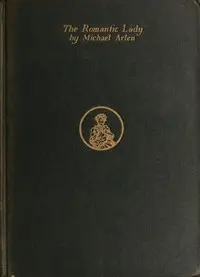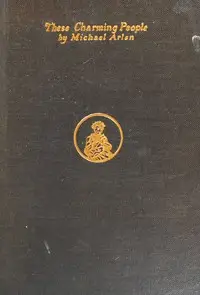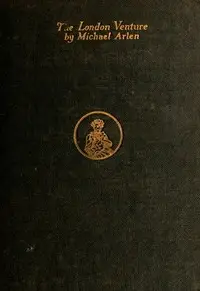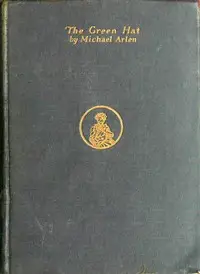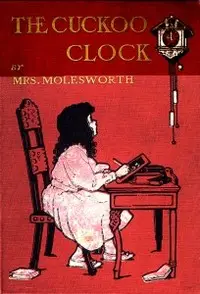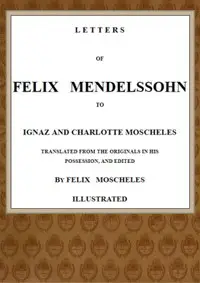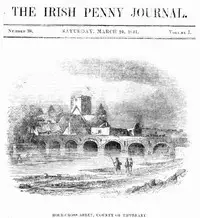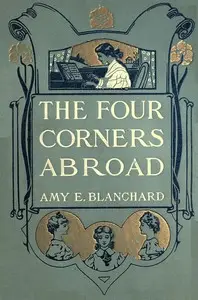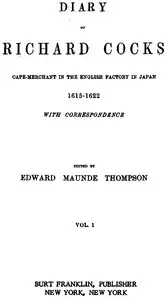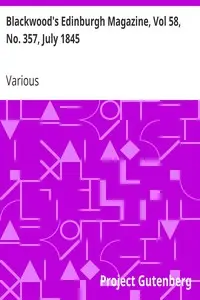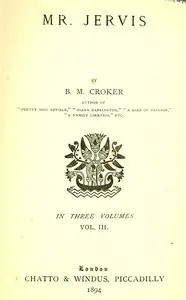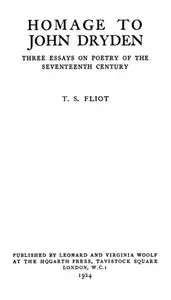"May Fair" by Michael Arlen is a fictional work written in the early 20th century. The story seems to explore the lives and social dynamics of London society during the reign of King George V. It delves into the lives of various characters, including a young writer and members of the aristocracy, while weaving together themes of romance, chivalry, and the complexities of social class. At the start of "May Fair," readers are introduced to a young writer who embarks on a walk through London, reflecting on his relationship with his father, a bankrupt baronet. The writer's routine walk takes a turn when he notices a delicate hand holding a flower from a window, sparking his imagination and a sense of romantic longing. This moment sets the tone for the entanglements of love and social commentary that unfold, including the potential for a grand ball and a duel that intertwines the destinies of the characters and explores the nuances of their relationships. The whimsical narrative invites readers into a world of charm and intrigue. (This is an automatically generated summary.)
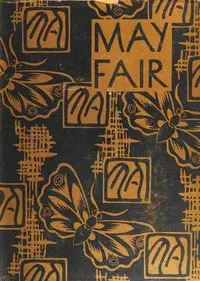
May Fair : $b being an entertainment purporting to reveal to gentlefolk the real state of affairs existing in the very heart of London during the fifteenth and sixteenth years of the reign of His Majesty King George the Fifth: together with suitable reflections on the last follies, misadventures and galanteries of these charming people
By Michael Arlen
"May Fair" by Michael Arlen is a fictional work written in the early 20th century. The story seems to explore the lives and social dynamics of London ...
Michael Arlen was an essayist, short story writer, novelist, playwright, and scriptwriter. He had his greatest successes in the 1920s while living and writing in England, publishing the best-selling novel The Green Hat in 1924. Arlen is most famous for his satirical romances set in English smart society, but he also wrote gothic horror and psychological thrillers, for instance "The Gentleman from America", which was filmed in 1948 as The Fatal Night, and again in 1956 as a television episode for Alfred Hitchcock's TV series Alfred Hitchcock Presents. Near the end of his life, Arlen mainly occupied himself with political writing. Arlen's vivid but colloquial style "with unusual inversions and inflections with a heightened exotic pitch" came to be known as 'Arlenesque'.


